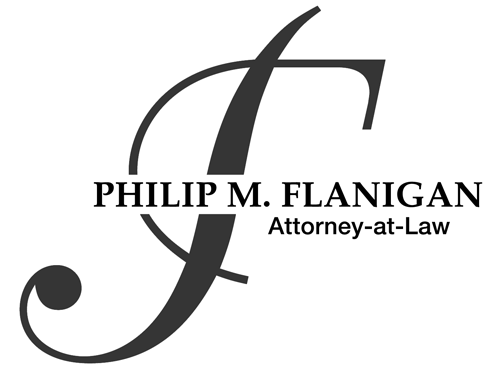Families can face challenges dealing with and formalizing the inheritance of values and assets, especially if they wait too long to start teaching values. Undoubtedly the best time to teach and empower your children as eventual inheritors of your family legacy is during childhood, then continuing throughout adulthood. Waiting until your later stages in life to discuss family values as a guide to handling inherited worth is often ill-received as grown adult children prefer not to feel parented anymore, particularly when they are raising children of their own.
There is value in the spiritual, intellectual, and human capital of rising generations, and it is incumbent upon older generations to embrace this notion and work with their heirs rather than dictating to them their ideas about how to facilitate better outcomes. While the directions taken by newer generations will likely differ and can sometimes be downright frightening than that of their elders, there can still be a deep sense of service and responsibility to family values and stewardship of inherited wealth. Allow your children to exert their influence over the family enterprise early on in life and make adjustments that create synergy, connection, and like-mindedness.
If this description of a somewhat ideal family system does not resemble yours, take heart. Most families do not conform to perfect standards of interaction. The more affluent a family is, the higher the failure rate to disperse assets without severe fallout. The Williams Group conducted a 20-year study and determined there is a 70 percent failure rate that includes rapid asset depletion and disintegration of family relationships during and after inheritance. Establishing inheritable trusts can provide real benefits. Benefits include avoiding probate, reducing time to handle estate matters, privacy protection, the elimination or reduction of the estate tax, and can be effective pre-nuptial planning. A parent who wants to control outcomes should focus on these benefits of the trust instead of trying to legislate their future adult children’s behavior.
It is imperative not to allow your values and legacy to become weaponized within the family system. A sure-fire way to inspire conflict is via “dead hand control,” meaning trying to control lives from the grave. Most often, if you put excessive trust restraints on adult children, they will act accordingly to your perception that they are not adult enough to handle wealth. Instead, consider enrolling them in a few classes about managing wealth. Spark an interest in them to learn how you have created wealth, the mechanisms you used, and what their future endeavors may look like long after you are gone. Formally educate your children about finances, the earlier the better, and instead of talking about who gets what the conversation can shift to the mechanics of managing wealth. This tactic resets the context of the issue and aligns the purpose and intended long-term outcomes.
Estate planners try to encourage trust choices that lead to flexibility. If a beneficiary is genuinely incapable of making the right decisions, a trustee can be appointed to make distributions in the beneficiary’s best interest. This trustee’s discretionary power of money management can help a well-funded trust survive for generations.
You can also write a letter of wishes or provide a statement of intent to your children. Though these are not legally binding, it gives you a platform to remind them of family values and your desire for these values to be maintained for future family generations. This type of letter is an opportunity for you to convey your vision for how your wealth can bring growth and chance for fulfillment to beneficiaries.
Prosperity should positively shape lives. Family trust beneficiaries hopefully already have a self-driven life that includes purpose, responsible behavior, and a basic understanding of personal finance. If you worry your children may squander inheritable assets, create the opportunity for them to succeed through classes that teach them about managing legacy family values and wealth. Address your concerns legally and directly through a detailed trust that can help but not overly constrain them to achieve what you envision they can become. Start an honest conversation early on, but remember it is never too late to make good choices and create positive family value influences for the coming generations. A well-known Ann Landers quote sums it up neatly, “In the final analysis it is not what you do for your children but what you have taught them to do for themselves that will make them successful human beings” – a worthy goal of any family value system.
If you are interested in establishing a trust to pass wealth on to your children, we can help. We can also guide families on how to pass on family values in a meaningful way. Please contact our office today at 559-435-0455 and schedule a free consultation to discuss your legal matters. We look forward to the opportunity to work with you.

